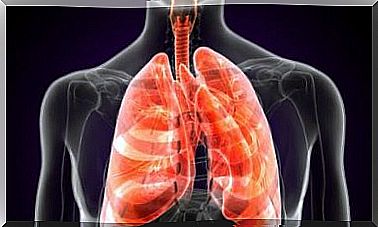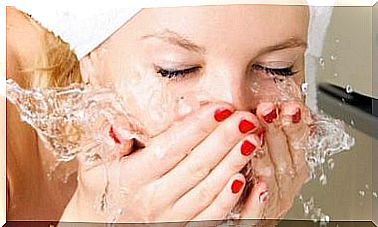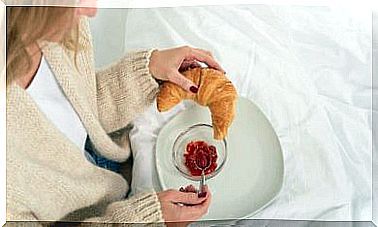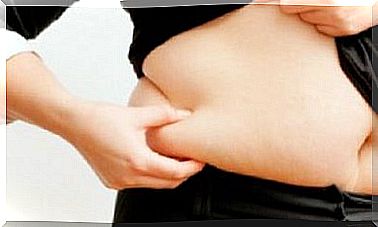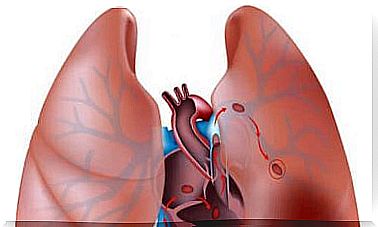Mental Tools For When Depression Hits
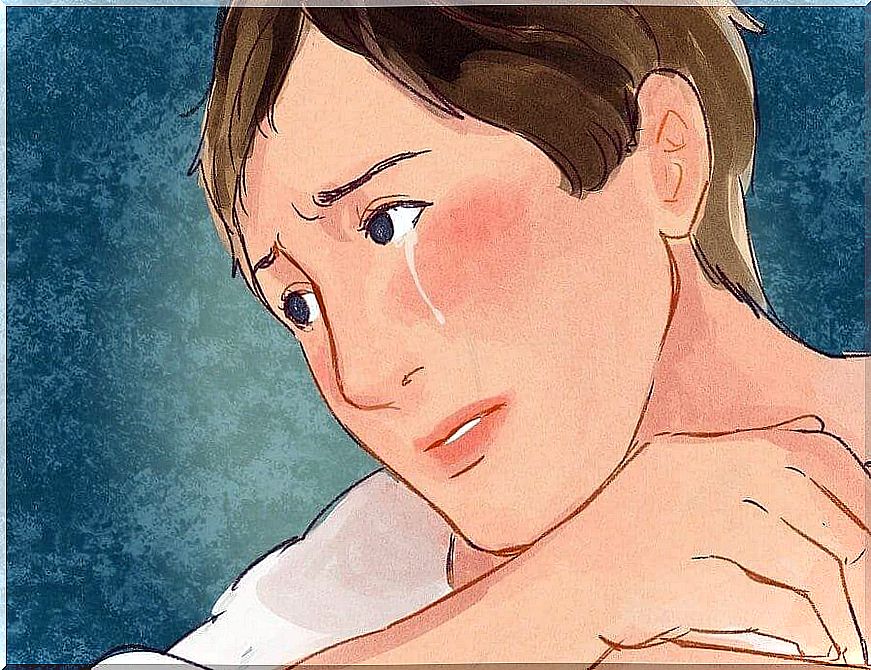
When we get self-control, everything flows. Knowing the mental tools when depression hits is a great help in treating psychological problems.
What is depression?
It is a mental health disorder. Sadness, guilt and decay take hold of the sufferer, and this interferes with their normal activities.
Depression reduces interest in what usually produced pleasure. It usually starts in adolescence or between 20 and 30 years. Still, children are not exempt from developing it.
Contrary to popular belief, depression is not synonymous with character weakness. It is also not necessarily linked to lack of affection, childhood trauma or personality disorders.
The causes can be very different: the death of a family member, the end of relationships, situations at work, a serious illness or even hormonal changes.
Statistics indicate that 30% of primary care patients have depressive symptoms, and 10% reach a serious condition. One in six people home can be affected by this disorder.
Depression symptoms

Feeling lethargic, exhausted, sad, irritable or anxious are symptoms of depression. People lose the ability to experience some emotions like pleasure or joy.
On the other hand, they have feelings of guilt, hopelessness, helplessness, loneliness and worthlessness.
In these situations, the person has difficulty making decisions, sleeps little and may even think about suicide. In addition, they neglect personal hygiene, children or pets.
Physical Disorders and Depression
Physical disorders can have a direct or indirect relationship with depression:
- As an example, a deficiency in the thyroid affects hormone levels, which leads to depressive symptoms.
- Brain tumors, multiple sclerosis, Parkinson’s, dementia or sleep apnea trigger depression.
- Also tuberculosis, pneumonia and hepatitis, among others.
- Anxiety, alcoholism or schizophrenia predisposes its development.
depression and something else

At first, the person is sad and dejected, with eyes full of tears every day and for weeks. Avoids eye contact and doesn’t have the heart to participate in conversations.
- Persistent depressive disorder lasts for two or more years. The sense of humor or the capacity for fun is lost; people are sullen, pessimistic and skeptical.
- In the so-called “premenstrual dysphoric disorder”, symptoms are limited to the days prior to menstruation. It may appear very early, but it disappears with menopause.
Depression: how to treat it?

Complementary treatments, psychotherapy and drugs are the medical tools to deal with depression. It usually does not require hospitalization unless thoughts of suicide, major weight loss, or restlessness that can lead to heart problems arise.
- If the depression is mild, visits to the doctor can complete psychotherapy. The latter is an individual or group treatment, which allows a progressive adaptation to the pressures of life.
- If it goes from moderate to severe, psychotherapy will add new generation or heterocyclic antidepressant drugs . Also selective serotonin reuptake or monoamine oxidase inhibitors.
- If necessary, electroconvulsive therapy will be applied . It consists of placing electrodes on the head, which induce a seizure in the brain through the application of electrical current. To perform the therapy, it is necessary to apply general anesthesia.
- Seasonal depression is treated with phototherapy. It consists of a box that emits light and in front of which the person must be at least 30 minutes, without looking directly at it.
against depression
There are several mental tools when depression hits:
- It is necessary to resume activities that generated interest, as this will increase physical and mental energy and deflect negative thoughts.
- Replacing negative thoughts with positive thoughts is another step. Developing self-esteem will prevent depression, as it leads to evaluation and tolerance for one’s defects.
- Another mechanism is to foster assertiveness or the ability to defend one’s own rights.
- Accepting emotional states, even if they are negative, demonstrates emotional intelligence. You have to be able to control anxiety, anger, sadness or fear.
- In life, goals motivate and move us. Therefore, a stimulus that helps to overcome depression is the search for predetermined goals.
- Relaxation, as a method of clearing the muscles and mind, is essential.
- Meditation is also an effective practice.
Main image provided by © wikiHow.com

